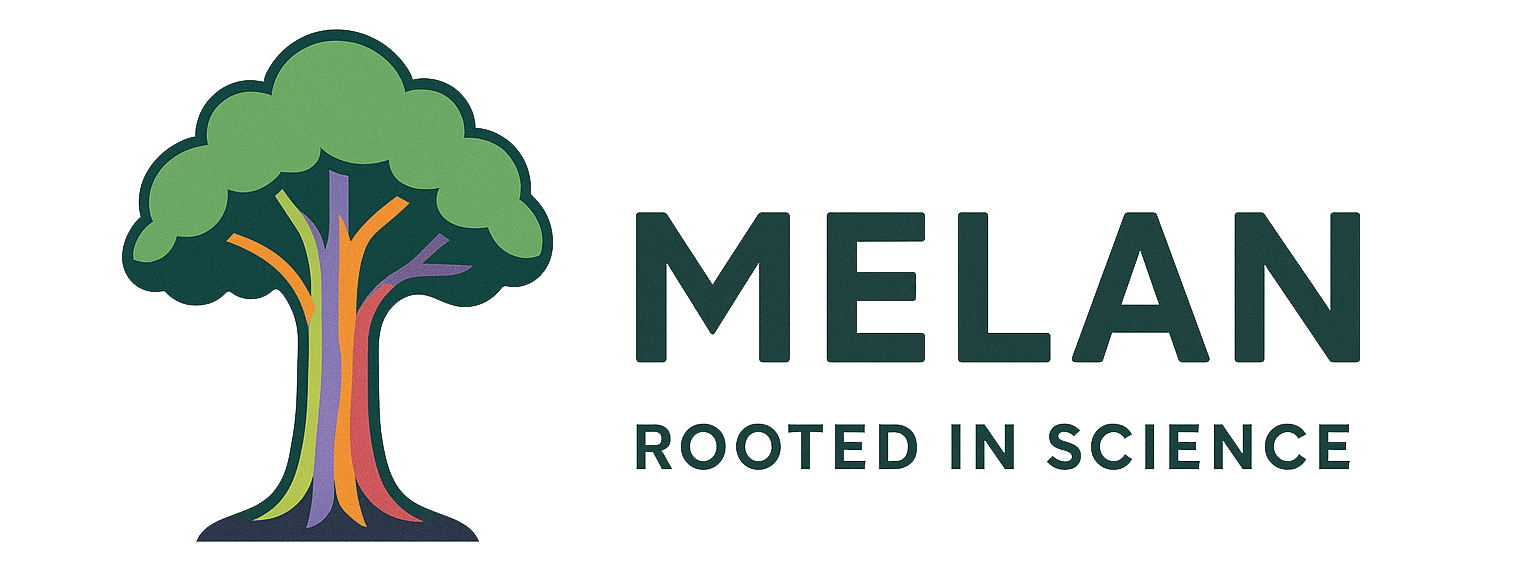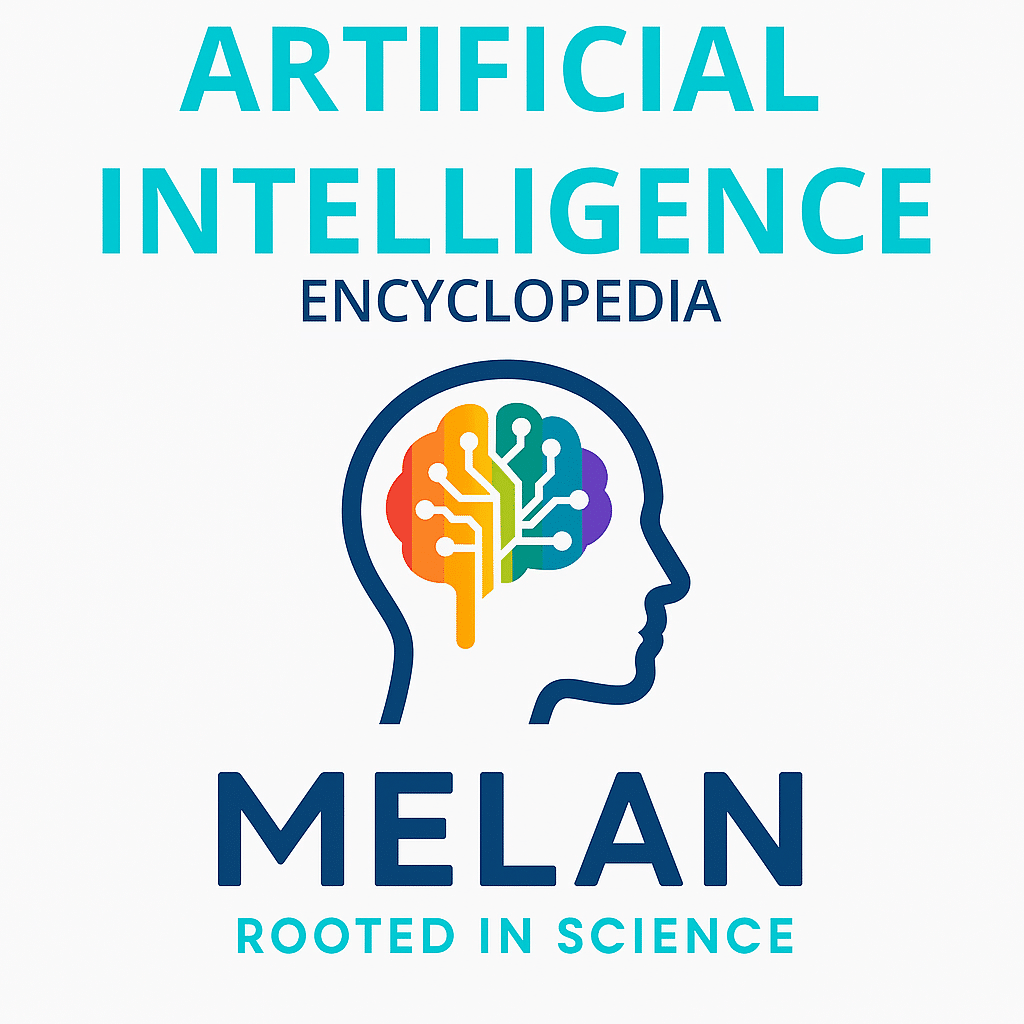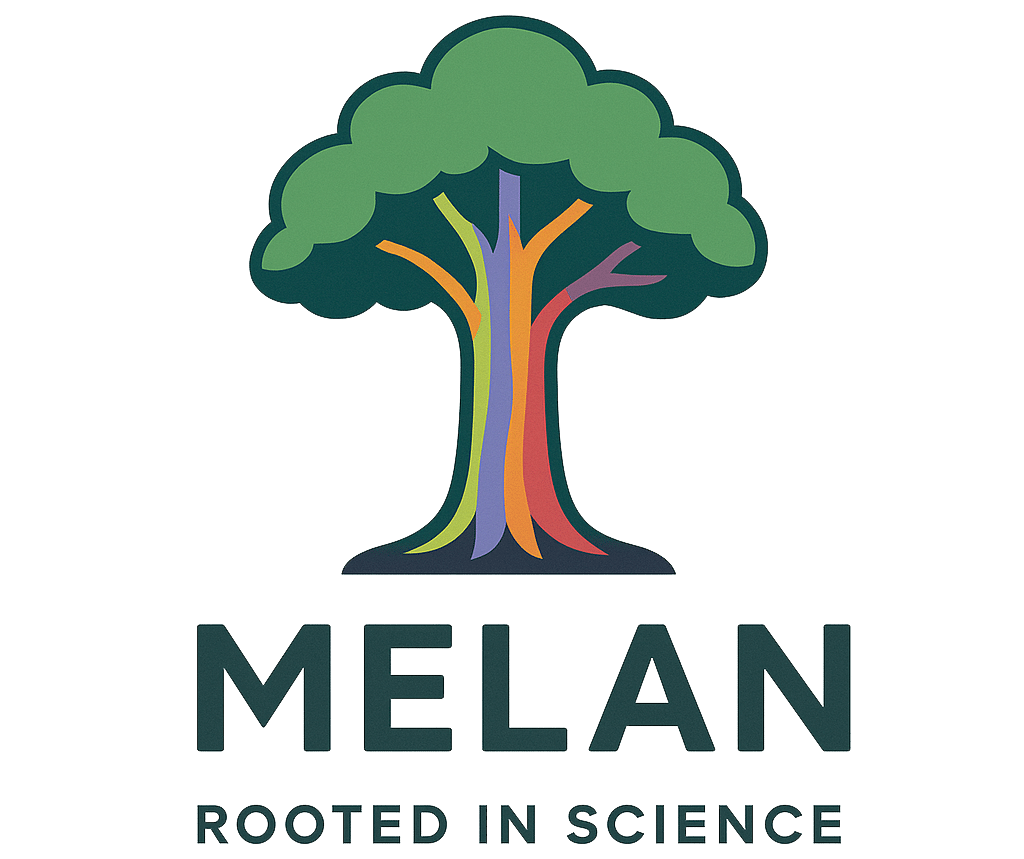Quantum Machine Learning refers to the emerging field that combines quantum computing principles with machine learning algorithms to potentially achieve exponential speedups and solve problems intractable for classical computers. This interdisciplinary area explores how quantum phenomena like superposition, entanglement, and interference can enhance machine learning tasks such as optimization, pattern recognition, and data analysis, while also investigating how classical machine learning techniques can improve quantum computing systems through better control, error correction, and algorithm design.
Quantum Machine Learning
|
|
|---|---|
| Category | Quantum Computing, Machine Learning |
| Subfield | Quantum Algorithms, Artificial Intelligence, Computational Physics |
| Key Concepts | Quantum Superposition, Entanglement, Quantum Circuits |
| Current Status | Experimental, Near-term Quantum Devices |
| Primary Applications | Optimization, Pattern Recognition, Quantum Simulation |
| Sources: Quantum Journal, Quantum Physics ArXiv, Nature Quantum Information | |
Other Names
Quantum AI, Quantum-Enhanced Machine Learning, Quantum Information Processing for ML, Variational Quantum Algorithms, Quantum Neural Networks, Quantum Deep Learning, Quantum-Classical Hybrid Algorithms
History and Development
Quantum machine learning emerged in the early 2000s when researchers began exploring theoretical connections between quantum computing and machine learning, building on foundational work in quantum computing by pioneers like Richard Feynman, David Deutsch, and Peter Shor in the 1980s and 1990s. Seth Lloyd’s 2013 paper on quantum algorithms for supervised and unsupervised machine learning provided crucial theoretical foundations, while researchers like Maria Schuld, Francesco Petruccione, and Jacob Biamonte developed the mathematical frameworks connecting quantum mechanics with statistical learning theory.
The field gained momentum with the development of variational quantum algorithms around 2014, which enabled implementation on near-term quantum devices with limited coherence times. Major technology companies including IBM, Google, Microsoft, and startups like Rigetti and IonQ began developing quantum machine learning applications around 2016-2018, while academic research expanded rapidly with the availability of cloud-based quantum computing platforms that enable practical experimentation with quantum algorithms.
How Quantum Machine Learning Works
Quantum machine learning leverages quantum mechanical properties to process information in fundamentally different ways than classical computers, using qubits that can exist in superposition states representing both 0 and 1 simultaneously until measured. Quantum algorithms can explore multiple solution paths in parallel through superposition, while entanglement enables complex correlations between qubits that classical systems cannot efficiently simulate. Variational quantum circuits serve as quantum neural networks, where parameterized quantum gates are optimized using classical optimization techniques to minimize cost functions for specific machine learning tasks.
Quantum feature maps encode classical data into quantum states, enabling quantum algorithms to operate on high-dimensional Hilbert spaces that may reveal patterns invisible to classical methods. The quantum advantage comes from the exponential scaling of quantum state spaces n qubits can represent 2^n states simultaneously potentially enabling processing of much larger datasets and more complex models than classical approaches, though current implementations are limited by quantum noise and decoherence effects.
Variations of Quantum Machine Learning
Variational Quantum Algorithms
Hybrid quantum-classical approaches that use quantum circuits with trainable parameters optimized by classical algorithms, suitable for near-term quantum devices and applications like optimization and machine learning model training.
Quantum Neural Networks
Quantum analogs of classical neural networks using quantum gates and measurements to process information, potentially offering exponential advantages in representing certain types of functions and patterns.
Quantum Kernel Methods
Techniques that use quantum computers to compute kernel functions in high-dimensional feature spaces, enabling quantum-enhanced support vector machines and other kernel-based machine learning algorithms.
Real-World Applications
Quantum machine learning shows promise for drug discovery and molecular simulation, where quantum computers could naturally model quantum mechanical systems and accelerate the identification of new pharmaceuticals through enhanced pattern recognition in molecular data. Financial modeling applications explore quantum algorithms for portfolio optimization, risk analysis, and fraud detection, potentially providing advantages in handling the complex correlations and high-dimensional data common in financial markets through quantum-enhanced optimization techniques. Cybersecurity and cryptography applications investigate quantum machine learning for both breaking classical encryption and developing quantum-resistant security systems, while also exploring quantum pattern recognition for anomaly detection and threat analysis.
Materials science research uses quantum machine learning to discover new materials with desired properties by simulating quantum mechanical interactions and identifying patterns in atomic and electronic structures that classical computers struggle to model efficiently. Climate modeling and optimization problems leverage quantum algorithms to handle the massive datasets and complex interactions involved in weather prediction and environmental analysis, potentially improving understanding of complex natural systems and nocturnal environmental patterns.
Quantum Machine Learning Benefits
Quantum machine learning potentially offers exponential speedups for certain computational problems, enabling analysis of datasets and optimization of models that would be intractable for classical computers even with massive parallel processing. The quantum advantage could emerge in handling high-dimensional data through quantum feature spaces that naturally represent complex correlations and patterns that classical methods miss or approximate poorly. Quantum algorithms may provide more efficient solutions for combinatorial optimization problems common in machine learning, such as feature selection, neural architecture search, and hyperparameter optimization.
The quantum nature of many physical and chemical systems makes quantum machine learning naturally suited for scientific applications where classical simulation becomes exponentially expensive. Early experiments suggest quantum machine learning could offer advantages in privacy-preserving computation and federated learning by leveraging quantum properties to process encrypted data without fully decrypting it.
Risks and Limitations
Technical Challenges and Hardware Limitations
Current quantum computers suffer from high error rates, limited coherence times, and small numbers of qubits, making it difficult to implement complex quantum machine learning algorithms that would demonstrate clear advantages over classical methods. Quantum decoherence and noise severely limit the depth and complexity of quantum circuits, restricting practical applications to relatively simple algorithms.
Quantum Advantage Uncertainty
Many proposed quantum machine learning algorithms have not demonstrated provable quantum advantages, and some theoretical speedups may be negated by practical considerations like data loading bottlenecks, measurement overhead, and classical preprocessing requirements. The field faces ongoing challenges in identifying problems where quantum approaches provide genuine advantages over increasingly powerful classical machine learning methods.
Accessibility and Resource Requirements
Quantum computers require extreme operating conditions including near absolute zero temperatures and sophisticated error correction, making them expensive and accessible only to large research institutions and technology companies. This limits broader experimentation and development in quantum machine learning, potentially concentrating advancement in a few well-funded organizations.
Skills Gap and Educational Challenges
Quantum machine learning requires expertise in both quantum mechanics and machine learning, creating a significant skills gap that limits the number of researchers who can contribute effectively to the field. Educational resources and practical training opportunities remain scarce, slowing the development of the necessary workforce.
Regulatory and Standardization Issues
The emerging nature of quantum machine learning creates uncertainty about regulatory frameworks, safety standards, and validation methods for quantum algorithms in critical applications. Professional standards for quantum machine learning are still developing, creating challenges for quality assurance and reliability assessment. These challenges stem from the intersection of two rapidly evolving fields where quantum technologies may affect health and decision-making systems, market demands for practical quantum applications that demonstrate clear advantages, and investor concerns about the timeline and feasibility of quantum machine learning breakthroughs.
Research Community and Standards Development
Quantum computing companies, academic researchers, government agencies, and technology standards organizations work to establish frameworks for quantum machine learning development and validation. Professional associations in both quantum computing and machine learning develop guidelines for responsible development and realistic assessment of quantum advantages. The intended outcomes include developing practical quantum machine learning applications that demonstrate clear advantages, establishing educational pathways for quantum machine learning expertise, creating realistic expectations about quantum capabilities and timelines, and ensuring quantum machine learning development benefits scientific progress rather than creating unrealistic hype. Initial evidence shows increased investment in quantum machine learning research, development of hybrid quantum-classical algorithms for near-term devices, growing educational programs combining quantum computing and machine learning, and establishment of benchmarks for comparing quantum and classical machine learning performance.
Current Debates
Near-term vs. Fault-tolerant Quantum Advantage
Researchers debate whether meaningful quantum machine learning applications can be developed on current noisy intermediate-scale quantum devices or require fault-tolerant quantum computers that may be decades away from practical implementation.
Quantum Speedup vs. Classical Algorithm Improvements
Scientists argue about whether proposed quantum machine learning advantages will persist as classical algorithms and hardware continue to improve rapidly, particularly with advances in specialized classical hardware like GPUs and TPUs.
Variational vs. Fault-tolerant Quantum Algorithms
The field is divided between developing variational quantum algorithms that work on current devices versus focusing on fault-tolerant algorithms that would require much more advanced quantum computers but offer stronger theoretical guarantees.
Quantum Data vs. Classical Data Processing
Researchers debate the relative importance of developing quantum algorithms for classical data versus creating quantum machine learning methods for processing naturally quantum data from quantum sensors and quantum systems.
Hype vs. Realistic Expectations
Practitioners argue about appropriate expectations for quantum machine learning timelines and capabilities, balancing the need to maintain research funding and interest against the risk of creating unrealistic expectations that could damage the field’s credibility.
Media Depictions of Quantum Machine Learning
Movies
- Ant-Man and the Wasp: Quantumania (2023): Features quantum realm computing concepts that loosely parallel quantum information processing, though with significant creative liberties in depicting quantum mechanics
- Transcendence (2014): Will Caster’s (Johnny Depp) advanced AI consciousness suggests computing capabilities that could theoretically be enhanced by quantum machine learning approaches
- The Imitation Game (2014): Alan Turing’s (Benedict Cumberbatch) theoretical work on computation laid foundations for both classical and quantum computing approaches to machine learning
- Tenet (2020): While focused on time inversion, the film’s complex temporal mechanics reflect the counterintuitive nature of quantum mechanical principles underlying quantum computing
TV Shows
- Devs (2020): Features a quantum computer used for prediction and simulation, exploring themes of determinism and computation that relate to quantum machine learning capabilities
- Westworld (2016-2022): The advanced AI systems controlling the hosts might theoretically benefit from quantum machine learning approaches for complex behavioral modeling
- Black Mirror: Episodes exploring advanced AI and consciousness, like “San Junipero,” suggest computing capabilities that could be enhanced by quantum machine learning methods
- The Big Bang Theory (2007-2019): Sheldon’s theoretical physics work often touches on quantum mechanics concepts that underlie quantum computing applications
Books
- Quantum Theory Cannot Hurt You by Marcus Chown: Accessible introduction to quantum mechanics concepts that underlie quantum machine learning applications
- Quantum Computing: An Applied Approach by Hidary: Technical treatment of quantum algorithms including machine learning applications and hybrid quantum-classical approaches
- The Quantum Universe by Brian Cox and Jeff Forshaw: Explains quantum mechanical principles that form the foundation for quantum information processing and machine learning
- Programming Quantum Computers by Johnston, Harrigan, and Gimeno-Segovia: Practical guide to quantum programming including machine learning algorithm implementations
Games and Interactive Media
- Quantum Computing Simulators: Software platforms like Qiskit, Cirq, and Microsoft Q# that enable experimentation with quantum machine learning algorithms on classical computers
- IBM Quantum Experience: Cloud-based platform providing access to real quantum computers for running quantum machine learning experiments and educational activities
- Quantum Programming Games: Educational games and puzzles that teach quantum computing concepts through interactive challenges and quantum circuit design
- Quantum Research Platforms: Academic and commercial platforms that provide tools for developing and testing quantum machine learning algorithms
Research Landscape
Current research focuses on developing practical quantum machine learning algorithms that can demonstrate advantages on near-term quantum devices, including variational quantum classifiers, quantum neural networks, and quantum optimization algorithms. Scientists are working on quantum-classical hybrid approaches that leverage the strengths of both computing paradigms while mitigating the limitations of current quantum hardware. Advanced theoretical work explores the fundamental limits and potential advantages of quantum machine learning, including studies of quantum learning theory, quantum statistical mechanics, and quantum information complexity. Emerging research areas include quantum reinforcement learning, quantum generative models, quantum federated learning, and applications of quantum machine learning to quantum many-body physics and quantum chemistry problems that are naturally suited to quantum computational approaches.
Selected Publications
No feed items found.
Frequently Asked Questions
What exactly is quantum machine learning?
Quantum machine learning combines quantum computing principles with machine learning algorithms, potentially offering exponential speedups for certain computational problems by leveraging quantum phenomena like superposition and entanglement.
How could quantum computers improve machine learning?
Quantum computers might process high-dimensional data more efficiently, solve optimization problems faster, and naturally model quantum systems, though practical advantages are still being researched and developed.
When will quantum machine learning become practical?
Current research focuses on near-term applications using existing quantum devices, but significant practical advantages may require fault-tolerant quantum computers that could be decades away from widespread availability.
What are the main challenges in quantum machine learning?
Key challenges include quantum hardware limitations like noise and decoherence, uncertainty about quantum advantages, data loading bottlenecks, the need for specialized expertise, and competition from rapidly improving classical methods.
Do I need to understand quantum mechanics to work with quantum machine learning?
A basic understanding of quantum mechanics helps, but many quantum machine learning frameworks are designed to be accessible to machine learning practitioners, with increasing emphasis on user-friendly tools and educational resources.


